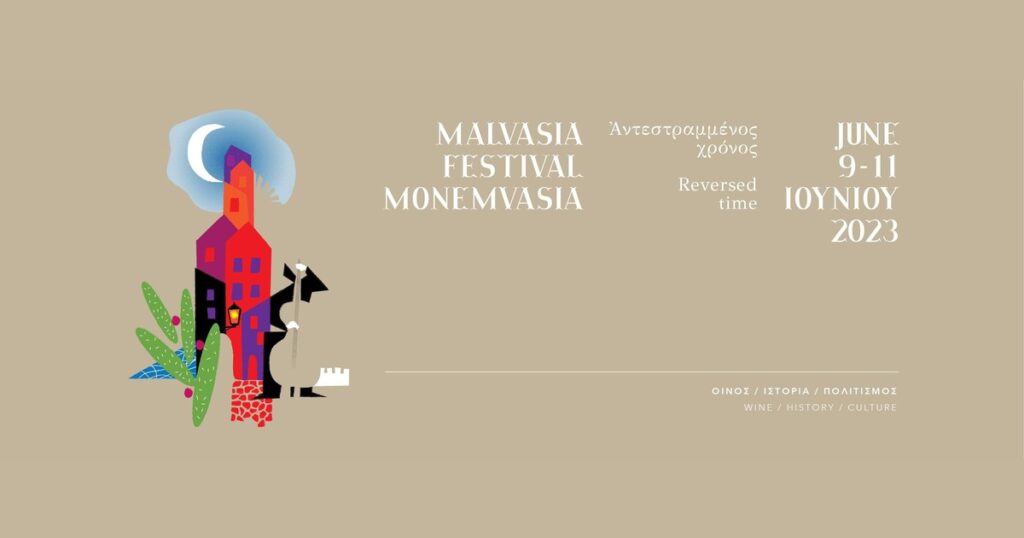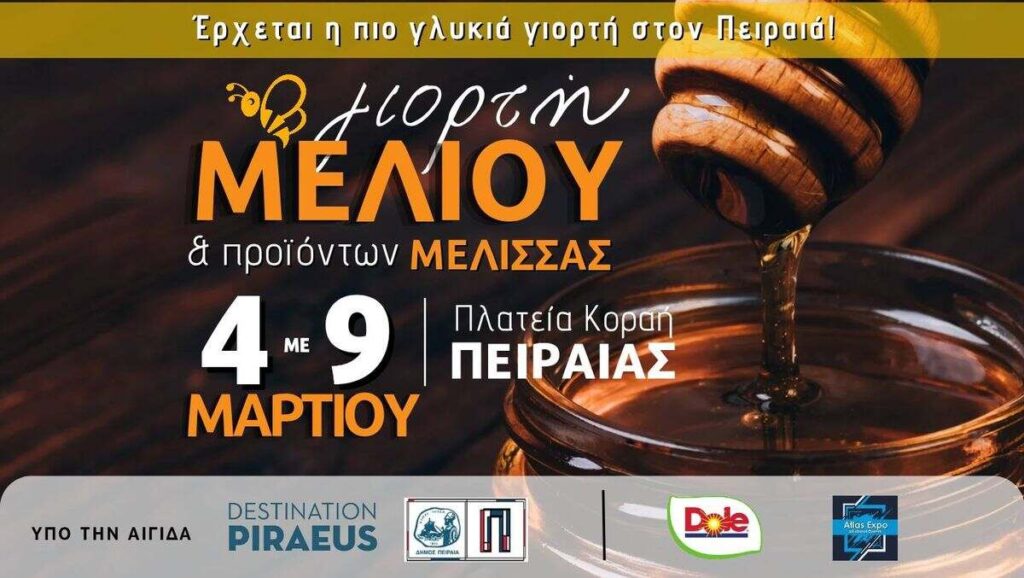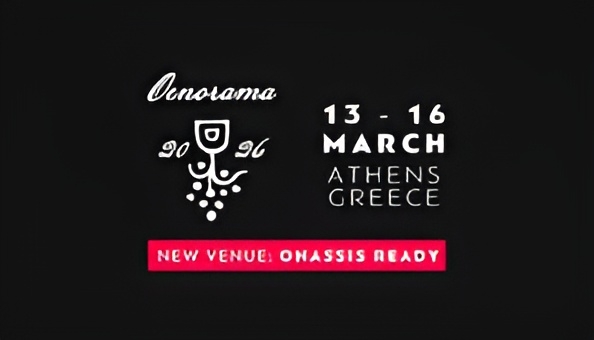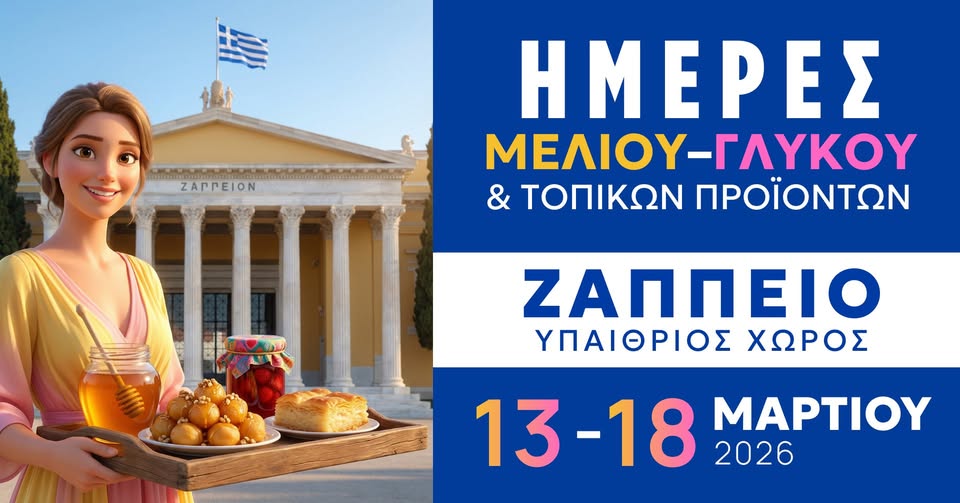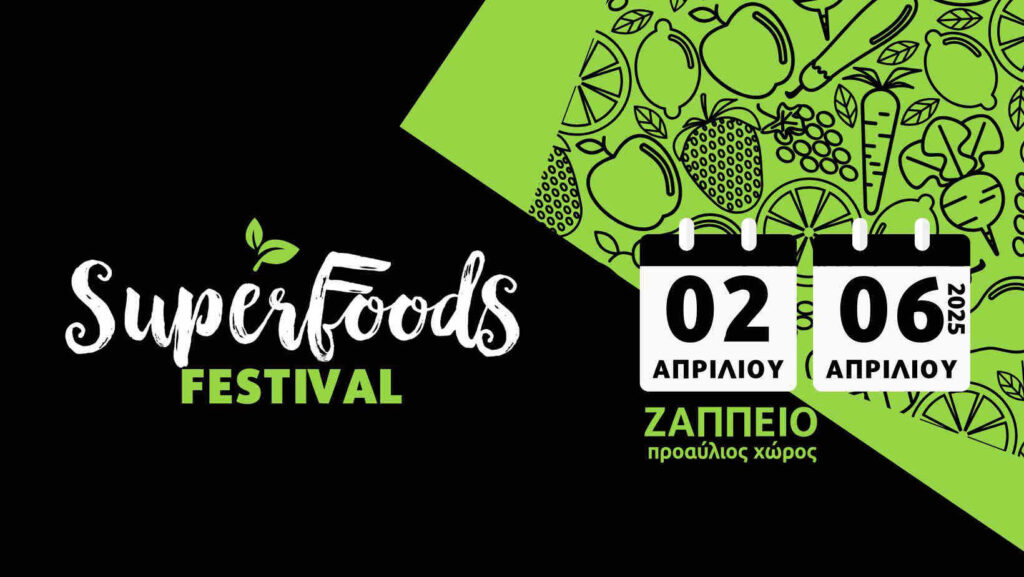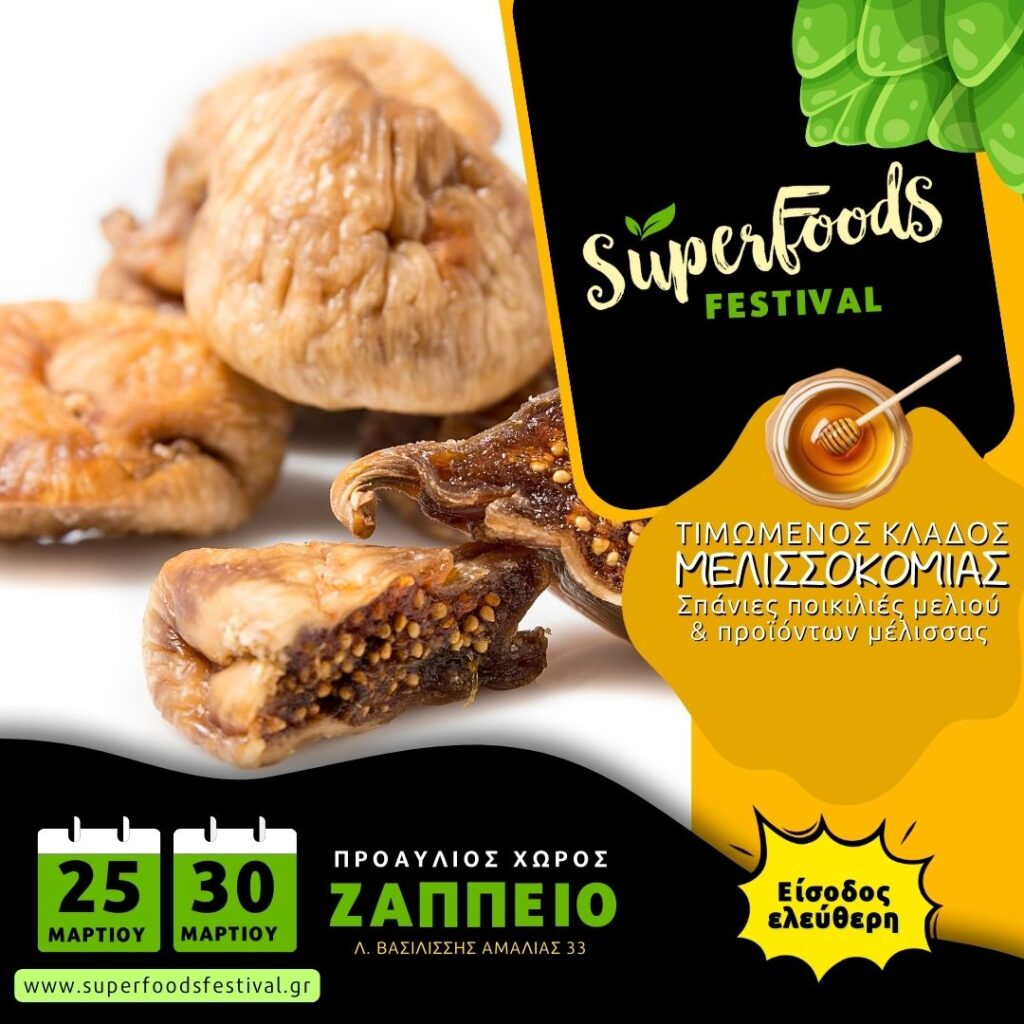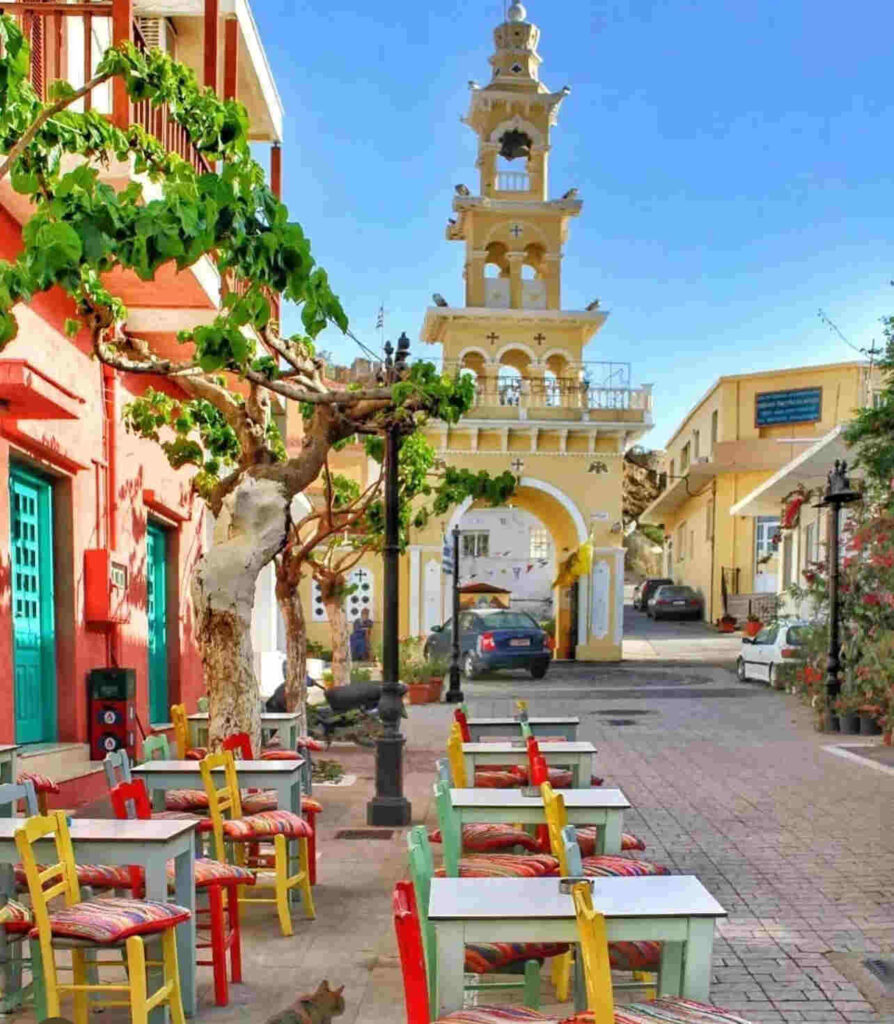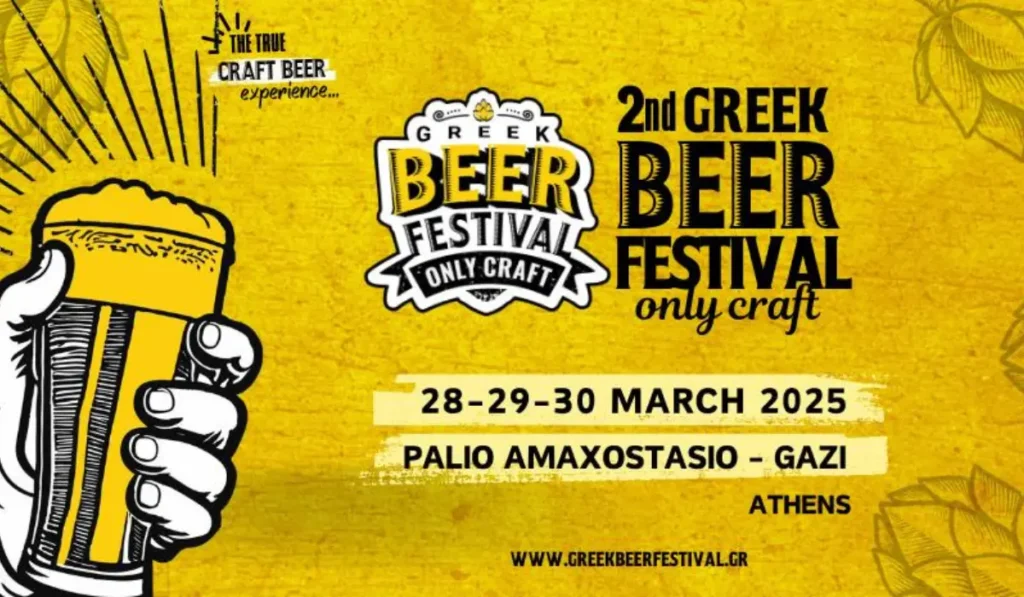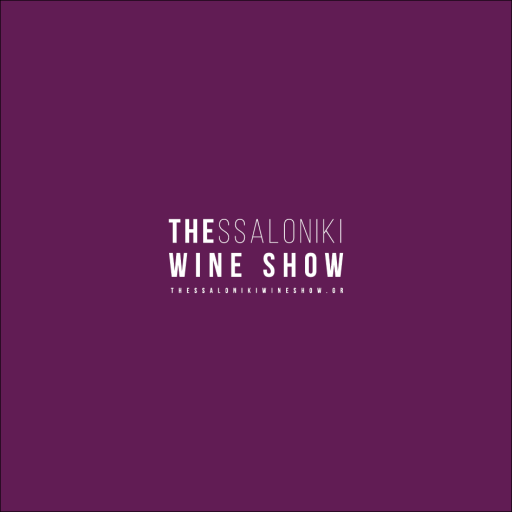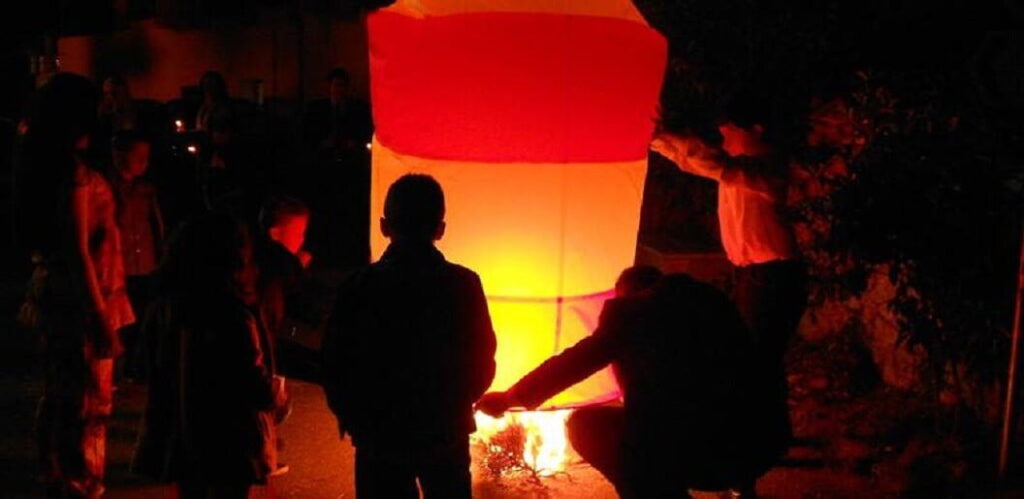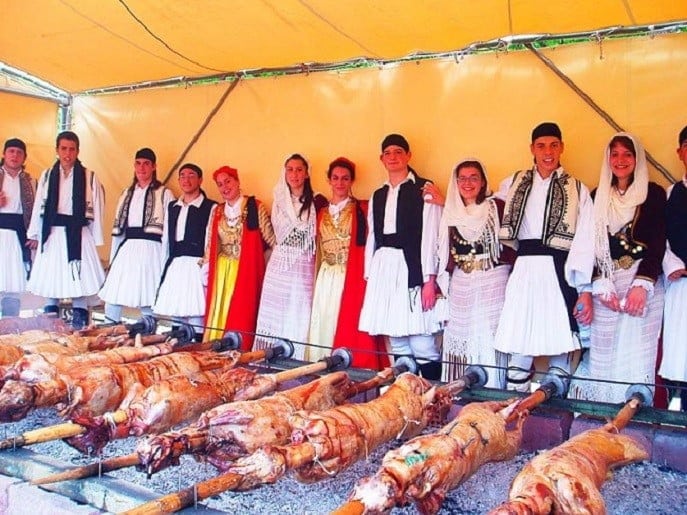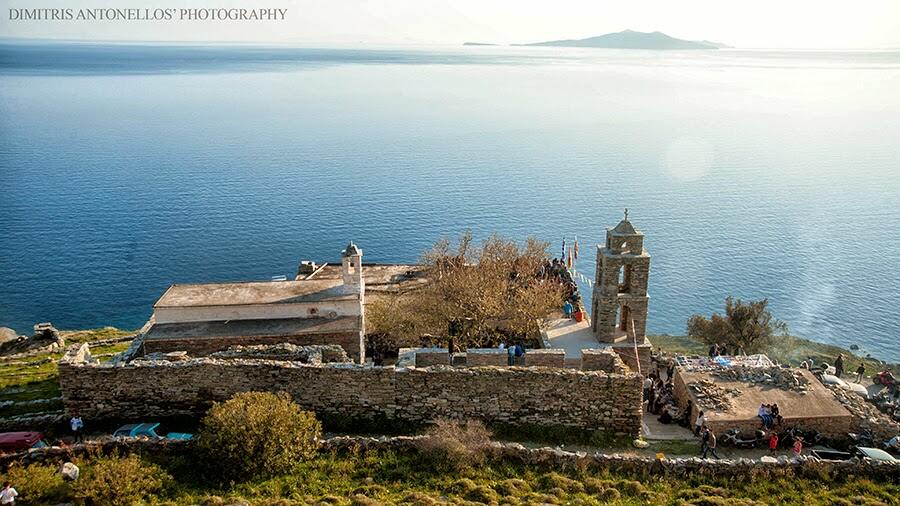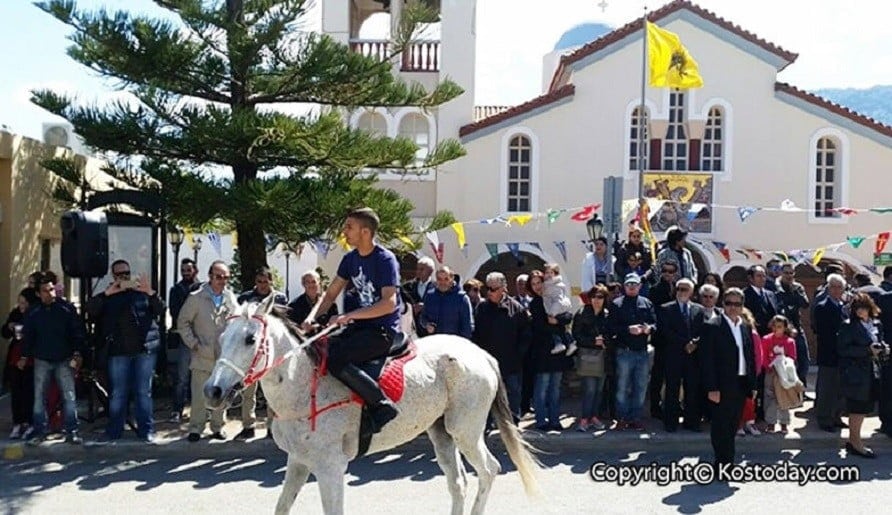Monemvasia is hosting its first-ever international Malvasia Festival, which serves as a remarkable tribute to the region’s rich history and culture.
Taking place from 9 to 11 June, this festival highlights the renowned Malvasia wine, offering a sensory experience that showcases its aroma, cultural significance, taste, and historical journey. Inspired by the verse of Monemvasia poet Yannis Ritsos, “And what was it? Reversed time?”, the festival celebrates the return and revival of this iconic wine in its birthplace.
The festival is divided into three sections, namely “Wine – History – Culture,” inviting visitors to explore the fascinating voyage and historical context of Malvasia while immersing themselves in the very place where it all began.Monemvasia, known as the Mal(e)vasia of the Venetians and the Mal(e)voisie of the Franks, referred to as the “stone ship” by Yannis Ritsos, played a significant role in the enduring presence of Malvasia wine. Since the 13th century, its production expanded from local vineyards to international ones, fostering international trade and turning Malvasia wine into a timeless symbol of collective experience and cultural interaction.
After a hiatus caused by the Ottoman occupation, Malvasia wine has experienced a renaissance in Monemvasia over the past two decades, reigniting its captivating centuries-long journey. This year, the inaugural Malvasia Festival, scheduled from 9 to 11 June, promises an array of captivating events. These include wine tastings and masterclasses featuring both domestic and international Malvasia varieties, historical walks and guided tours of Monemvasia’s castle and Upper Town, cultural activities, showcasing local products and flavors, artistic projects and performances, workshops, spoken word events, and concerts.
Above all, the festival aims to introduce attendees to the enchanting world of Malvasia wine, spanning from Monemvasia, Paros, and Crete to neighboring vineyards in Italy, Croatia, and Spain, and even reaching as far as the Canary Islands and Madeira. It also delves into the historical figures who cultivated and celebrated Malvasia, including Leonardo da Vinci, William Shakespeare, Martin Luther, Giuseppe Verdi, Alexandre Dumas, Giuseppe Garibaldi, and Thomas Mann. Through a creative continuity of space and time, the festival creates a captivating fusion of the past and present, allowing Monemvasia to become a nexus where history and culture intertwine.
For more about the Festival click here
This legendary wine flourished for 5 centuries in the medieval world, but also with the people who contributed to its rebirth in the Byzantine castle town, the place from which its second life in Greece began.
“No other wine gained so much fame during the Middle Ages and the Renaissance and no other wine name from then until today has such an interesting history,” Stavroula Kourakou, former president of the International Organisation of Vine and Wine, who defended and registered dozens of appellations of origin for Greek wine, had said of Malvasia. It is a sweet wine, wrapped in legends and stories lost in the mists of time. French and Venetian merchants, Latin emperors, bloodthirsty corsairs, genius writers, and famous painters weave the myth and history of the glorious Malvasia, which seems to begin its journey in the medieval world from the castle town of Monemvasia. The Franks and Venetians called Monemvasia Malvasia, so the name of the wine that conquered the medieval markets loaded into the holds of the galleys is thought to ‘point’ to a geographical and historical name of origin.
According to indications and available historical data, the sweet semi-sparkling wine, Monemvasion (or Monemvasiotis or Monemvasia) was produced from local varieties of grapes from Parnonas (Malevos) with the Monemvasia variety predominating. The Monemvasians traded their wine to Venetians and Genoese, who then sold it under the name Malvasia. In the 14th century, it seems to have been exported in large quantities from the Byzantine castle via the islands of Paros/Kyclades and Crete.
It spread to such an extent in Venice that special licenses were granted to open cellars exclusively selling Malvasia wine, and Venetian merchants named their wine shops Malvasie. The occupation of Monemvasia by the Turks spelled the end of local vineyards and the production of the famous Greek wine, which, according to Mrs. Kourakou, had dominated the markets of the West and the East for five centuries.

